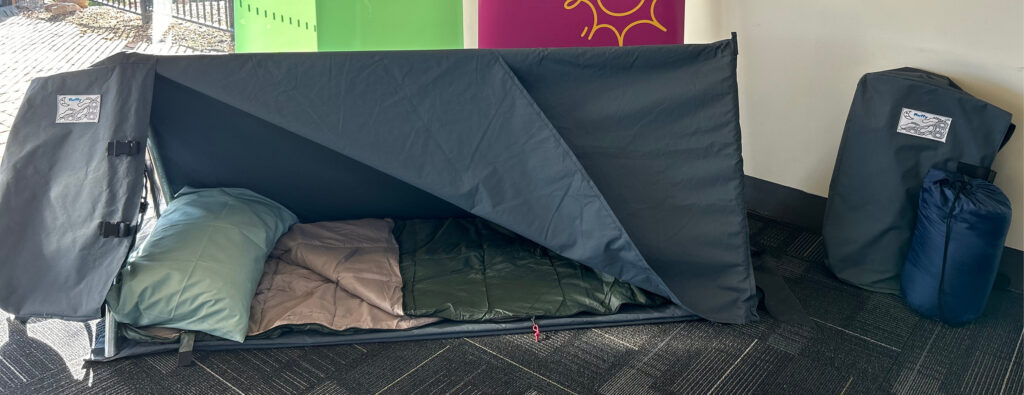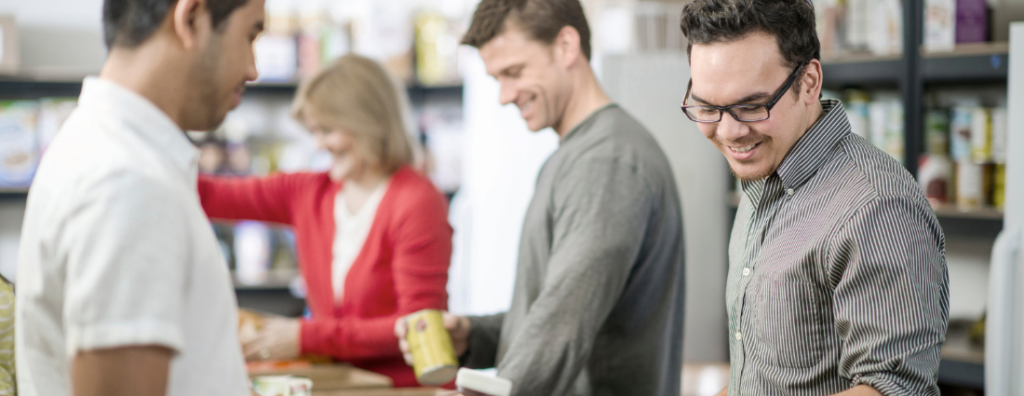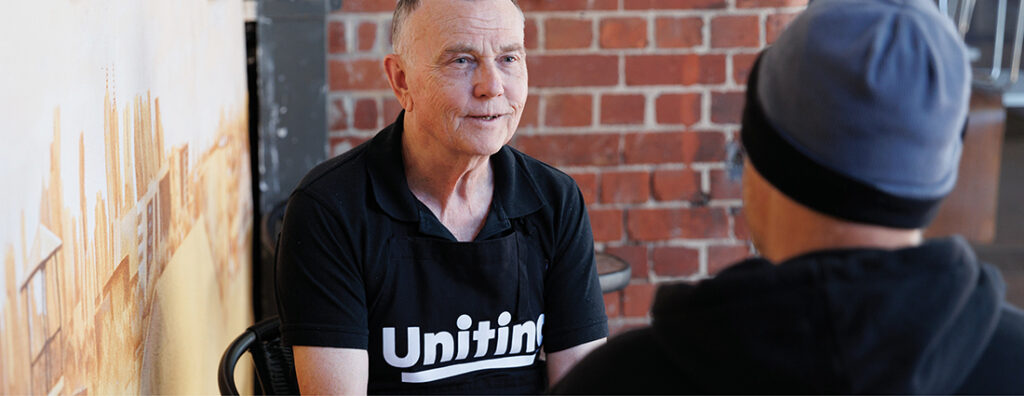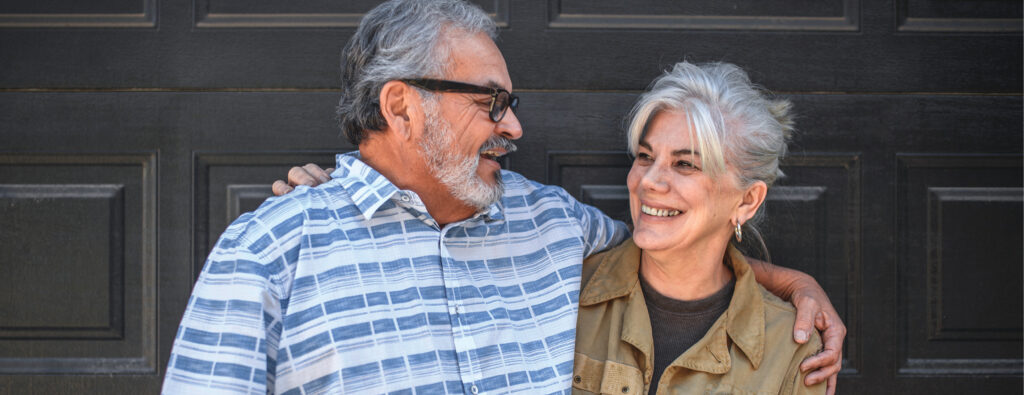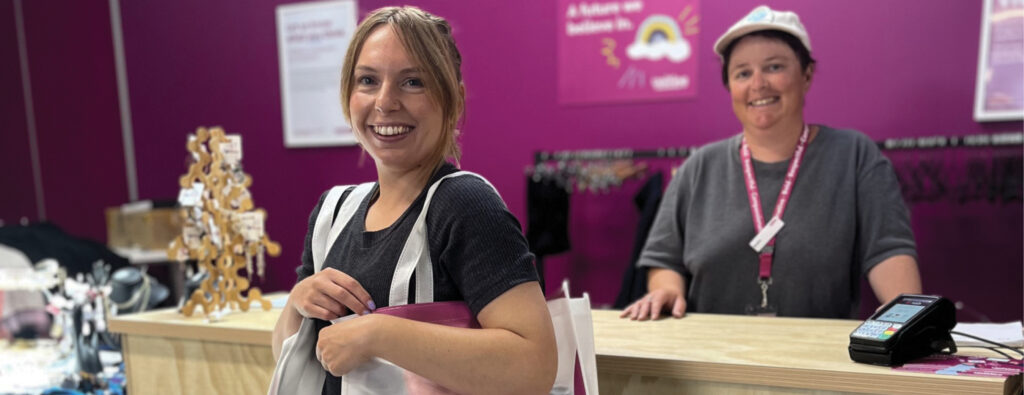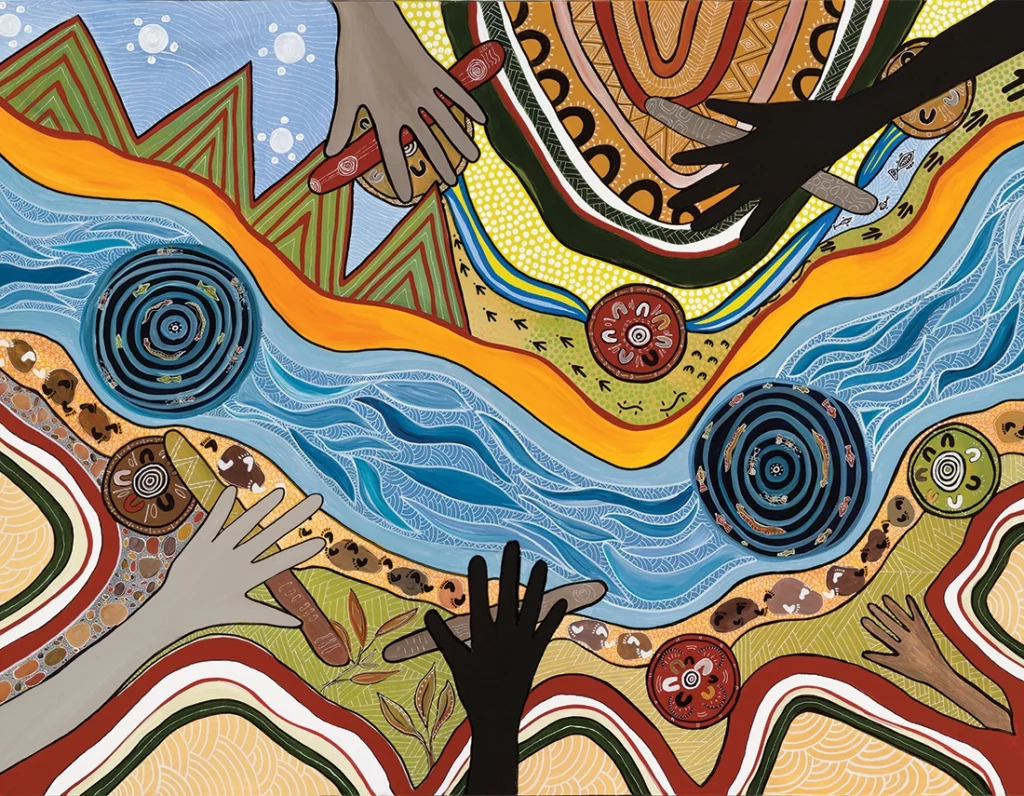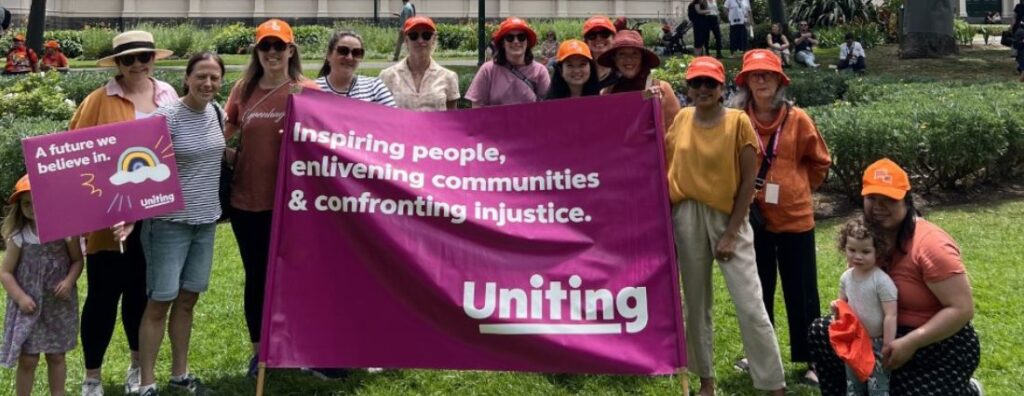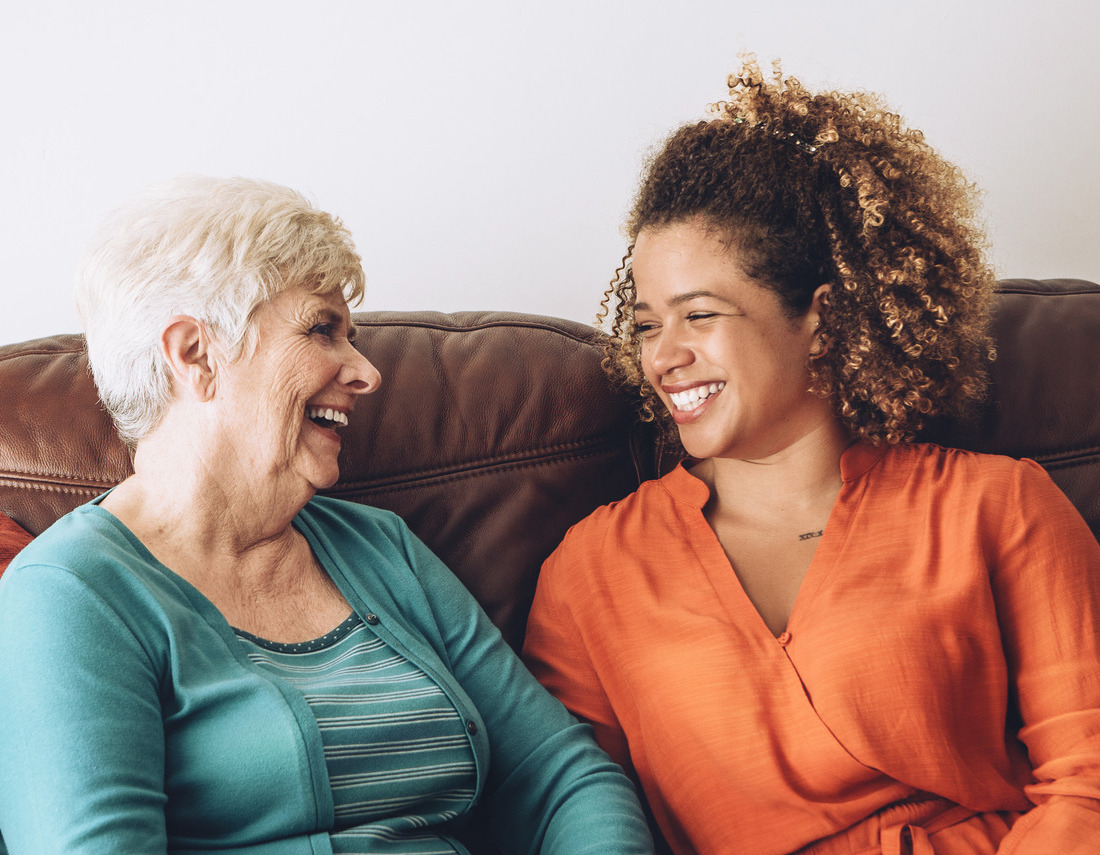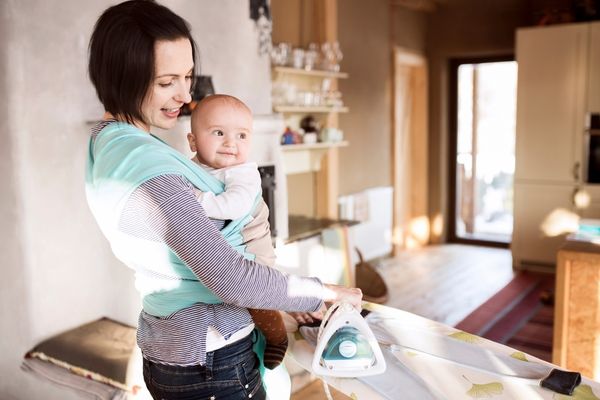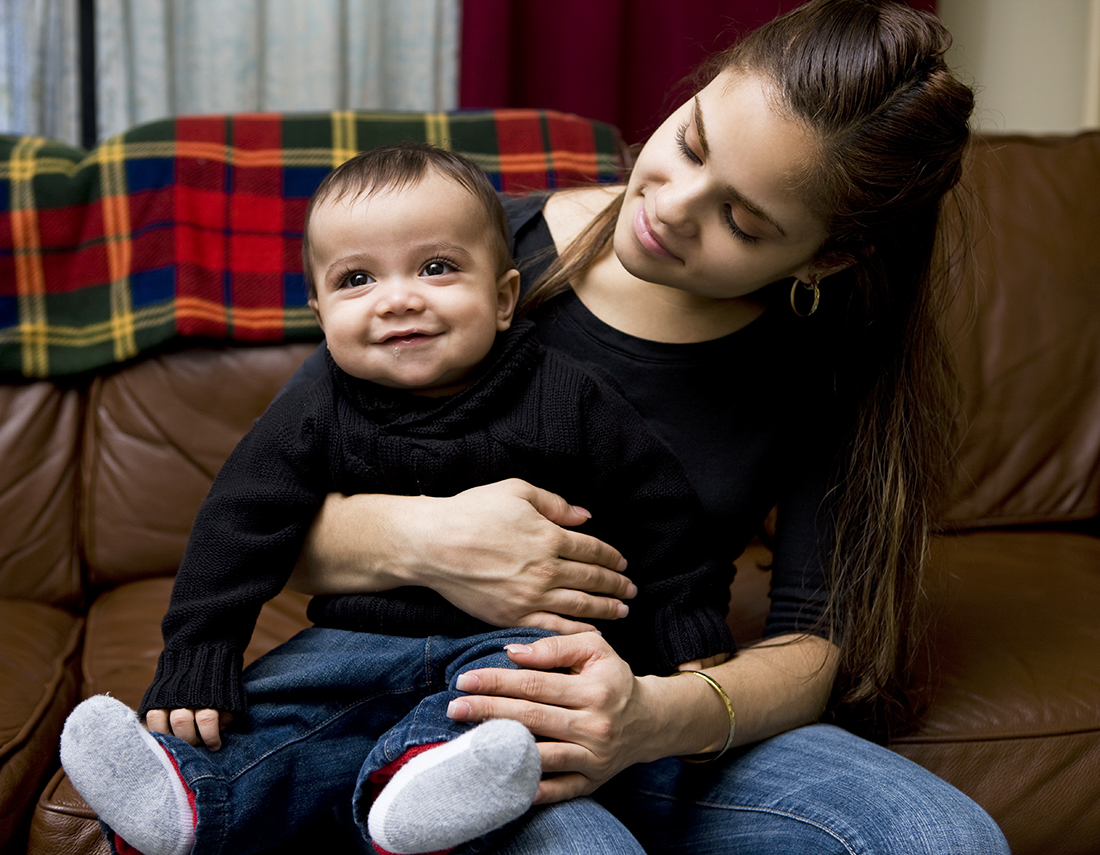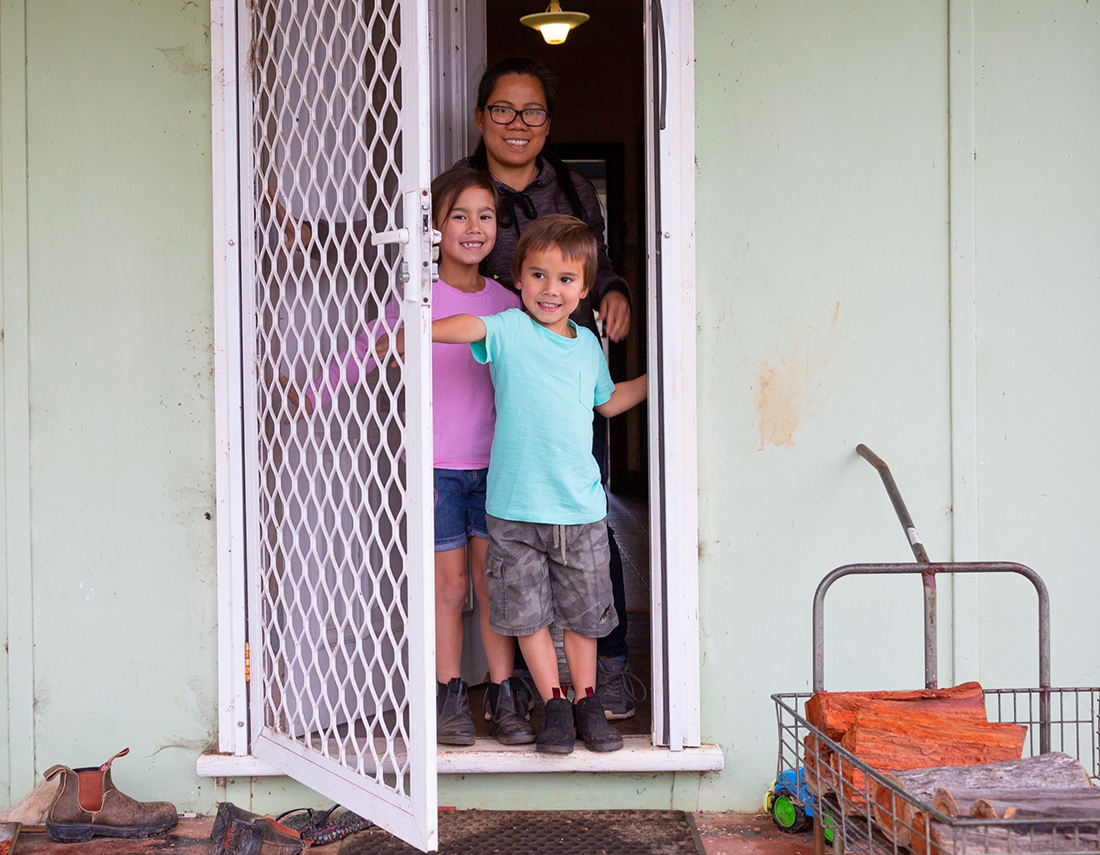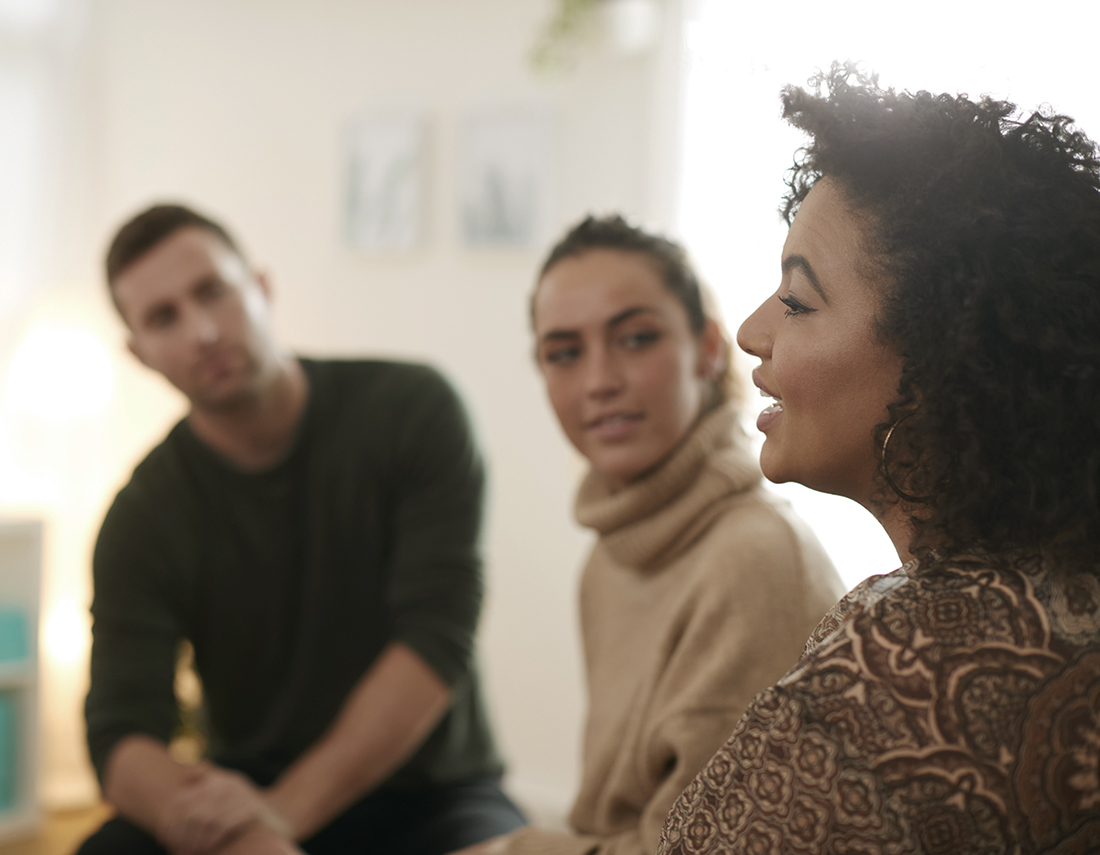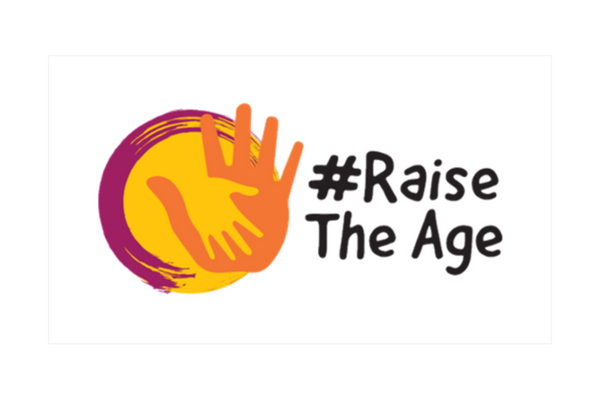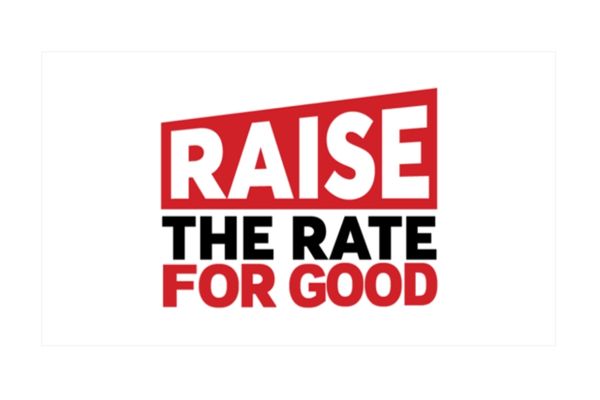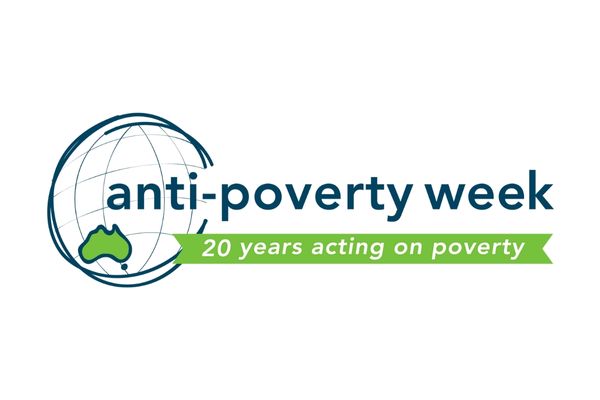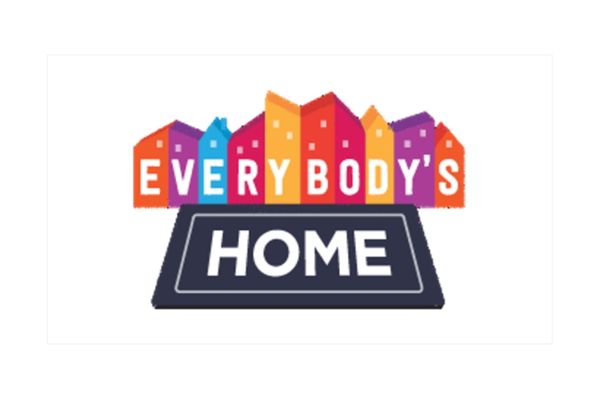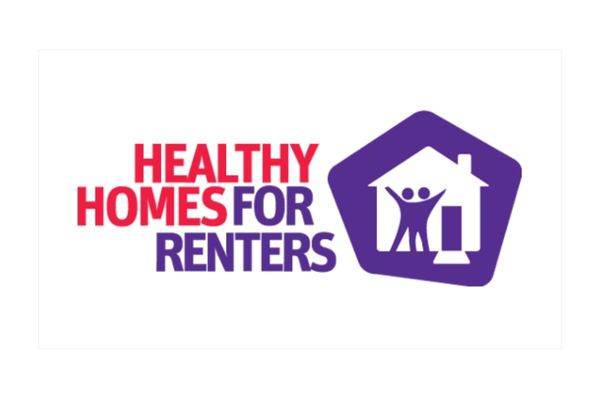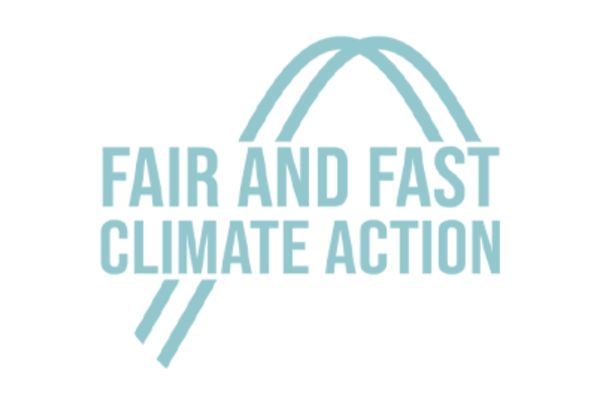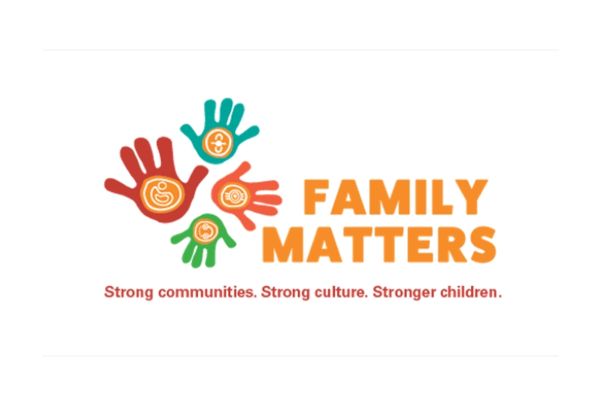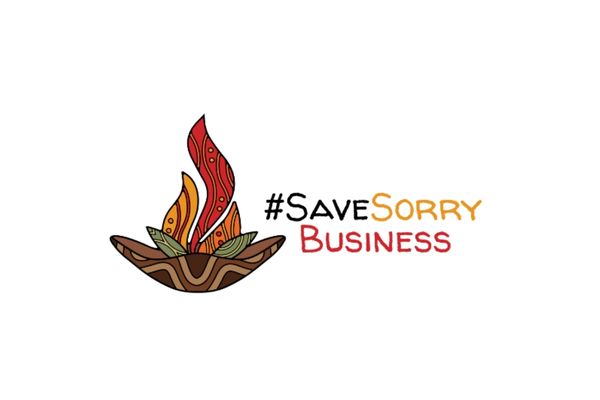Advocating for change.
As part of our mission to inspire people, enliven communities and confront injustice, we raise a collective voice to speak up for those who may not be heard.
Raising a voice and restoring community
Uniting for a cause.
At Uniting, we come alongside our consumers, striving to inspire people, enliven communities and confront injustice.
Positive change is possible if we work together. Speaking up and standing as one, we can influence our world and protect our most vulnerable people.
Advocacy in action.
Stitching hope for Wodonga’s rough sleepers.
2024-25 Victorian State Budget response.
Share the warmth this winter.
No bucks, no worries – serving even more people in Tasmania.
Investment properties used to support those fleeing violent homes.
Uniting Vic.Tas op shops making a difference in our communities.
Our statement on January 26.
Uniting Walks Against Family Violence in Melbourne.
To strengthen community services across Victoria, Uniting has partnered with Swinburne University of Technology.
Professor Erin Wilson has stepped in as the Uniting Kildonan Chair in Community Services Innovation. Based in the Centre for Social Impact (CSI) at Swinburne, Professor Wilson is leading a research program in social innovation and community services.
‘It’s a lifeline’: A Long-Term Approach to Improving Energy Support Programs for Households Facing Vulnerability Report.
Many homes in Australia provide little thermal comfort and these homes are mostly occupied by people who are least able to improve them, such as renters and low-income homeowners. Energy hardship for these individuals and families manifests in a variety of ways including difficulty paying bills, energy rationing, and negative effects on health and other life areas.
This research project sought to understand the benefits and gaps of the Uniting Energy Support Service to determine ‘what works’ and what actions are needed to address the drivers and effects of energy hardship.
It found that Uniting Energy Efficiency Service was highly valued by the majority of households and produced a range of positive energy, financial, health and wellbeing outcomes for individuals and families.
Yet, energy hardship persisted due to a range of complex ‘ecosystem’ factors beyond the control of households. Experiences of recurrent or ongoing poverty and poor-quality housing, intersected with factors such as negative landlord and energy retailer behaviour, which in turn exacerbated individual and familial factors, including poor health, disability, family circumstances and insecure employment.
The research also found that many households were already using less than the Australian average energy use, including a third of Victorian households, meaning that under-use rather than over-use is the substantive issue for many households. Some households were ‘rationing’ their energy use meaning they would go without necessary energy use (such as heating or cooking) to try and manage their bills.
'Cant afford to live' research report
Launched on the 19 October 2022 research was undertaken by Uniting in partnership with the Centre for Social Impact at Swinburne University of Technology in order to better understand the impact of cost of living rises on consumers of community services.
The data is based on a diverse cohort of 112 consumers including people on income support, as well as people working full-time, parents, carers and retirees.
We found:
- 92% of respondents were cutting back on food and groceries due to cost
- 70% were unable to eat well
- Parents, carers and people with a disability were skipping meals even if cooking for others
- Two thirds reported pressure from the rising cost of energy bills
- Half of respondents were cutting back on heating
- One in two were experiencing mental health impacts
- Half of respondents reported impacts on their housing situation with Tasmanians 25% more likely to report impacts on their housing situation
- Women were more frequently experiencing cost pressures and were more negatively impacted across life areas than men
There are some days that I can’t go out in the car due to the cost. We can’t afford to have the heater on at night. We use blankets and our house has damp. We can’t afford to use electricity at night. We use torches instead of turning the lights on. The kids can’t have baths any more”
- Uniting consumer
This research provides evidence that the rising cost of living is deepening financial, housing and food insecurity, and impacting mental and physical health, while also increasing social isolation.
Advocacy submissions, papers and reports
Uniting confronts injustice and advocates for social change to improve the lives of our consumers and community. We do this through public awareness raising, research, communication and media and strategic partnerships.
Campaigns and partners
We enter into partnerships with like-minded organisations, to increase public awareness of issues and influence public debate.
We also seek to influence governments to improve public policy and increase investment into underfunded public services. This includes partnership with the broader Uniting family of agencies.
We work within sector alliances to amplify influence, reach and impact on key issues of interest to consumers.
By delivering a strong consumer voice in our advocacy work, we include:
Your voice
Consumers are heard by decision-makers
Your experience
Our advocacy is based on lived experience.
Your choices
Consumers share in the decision making about our advocacy.
